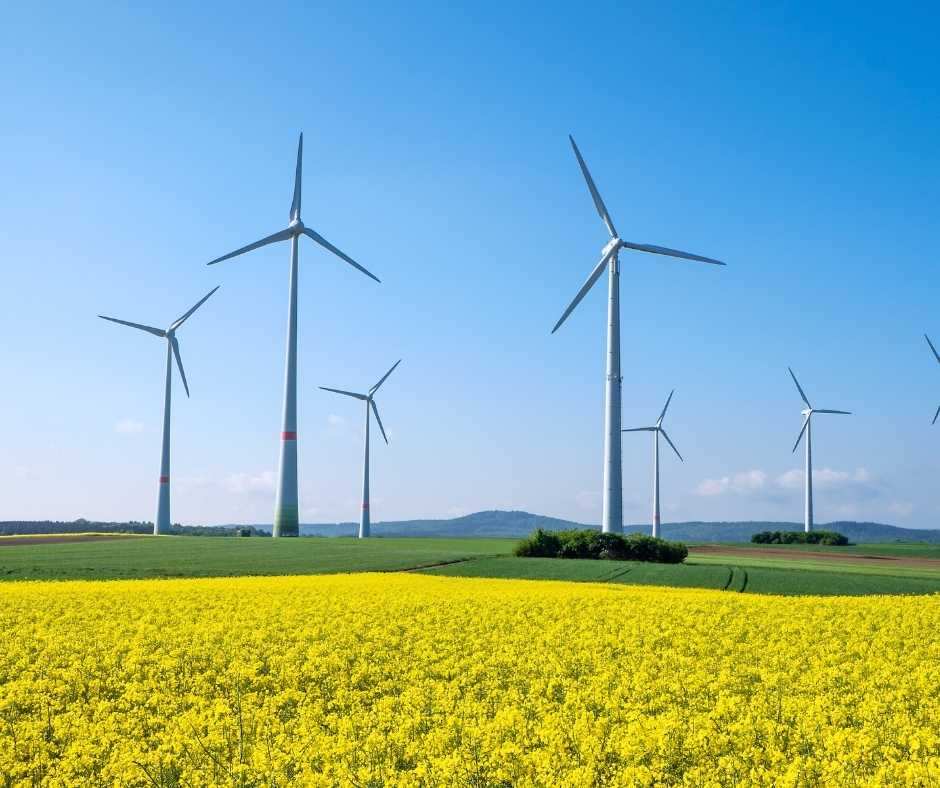What does a travel and tourism conference have to do with sustainability?

When Carolyn wanted me to attend the annual Travel and Tourism Research Association (TTRA) Conference, at first, I was a little skeptical. “What does travel and tourism have to do with sustainability?”, I thought. Still, I tried my best to keep an open mind.
Initially not much – as an industry tourism is too traumatized
Most of the webinars, of course, reflected on the travel and tourism industry’s experience through 2020, when the COVID-19 pandemic peaked. Most people talked about how discouraged they were at first when there was so much web traffic, only to find out that most people were on travel websites to cancel their trips. However, as we got further into the pandemic and became more isolated, the desire to escape made people feel restless. Many people longed to connect with nature again, and both society and industry had an unexpected reset button presented to them.
But as we move into ‘post-pandemic’ mode…
Fast forward to 2021, we now have a vaccine that is widely available to people in developed countries, and people are beginning to feel comfortable traveling again. Now, we as a society are faced with two choices that will determine our future: continue “business as usual”, or use this as a pivoting point to stop, reflect, and re-evaluate what we seek to achieve and how we measure our success.
Travel and tourism contribute to approximately 8% of annual global greenhouse gas emissions. As I learned from this conference, there are many different areas within this industry where sustainability can be implemented. Though some in the industry may view this as an expensive fad or a marketing strategy, it is not really much of a choice. We are already beginning to face the consequences of what happens when humanity views growth as something that can be infinitely positive. The tourism and travel industry will not last unless they face the music now.
As Anna Pollock, one of the speakers from the conference said, “Uncertainty, unpredictability are here to stay. The future can’t be predicted, but it can be envisioned and brought lovingly into being. Systems cannot be controlled, but they can be designed. We cannot impose our will upon a system, but we can learn to listen to what the system tells us.”
“That’s great, but it still seems unrealistic. How do we achieve this?”, you may be asking. During the pandemic, we already had an instinct on what to do. Connecting with nature is the answer. We can’t continue on this path of taking, making, and throwing away. Instead, we must put ourselves in a cycle where nature has a place to return and regenerate. Where resources are seen as protected necessities instead of commodities. We must let the communities of destinations determine their own measures of success. The year 2021 can be the threshold that allows us to shift the world into another paradigm. One where the industry can thrive and be brought to life, instead of burning out.
It turns out quite a lot!

So, what does travel and tourism have to do with sustainability? It’s being able to enjoy your trip without negatively impacting the people and creatures who live there. If we want to continue to travel and enjoy the destination for generations to come, limits and usage must be at the forefront of consideration
Thank you for reading.

BIO:
Caidyn Casper is currently interning with MyTravelResearch.com via the CAPA global internship programme. They are a senior majoring in Sustainability at Arizona State University and plan to attend law school after graduation.
Casper was raised in Jacksonville, Florida, but currently lives in Saint Augustine, Florida with her girlfriend and three dogs. They are vegan, activist, anime enthusiasts, and an animal lover.




amazing content on sustainblity for students.
It is this is truly the voice of the future